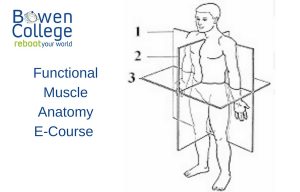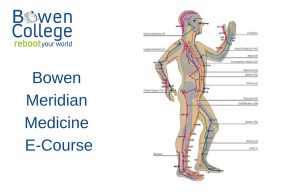In our fast-paced world, it’s easy to feel overwhelmed by the constant stream of thoughts, emotions, and responsibilities that fill our minds. Finding clarity amidst the chaos can be challenging, but there’s a simple, effective tool that many people overlook: journaling.
By taking the time to write down your thoughts and feelings, you can process emotions, set meaningful goals, and gain the mental clarity you need to navigate life with confidence and purpose.
Processing Emotions Through Journaling
One of the most powerful benefits of journaling is its ability to help you process emotions. Writing down your thoughts and feelings allows you to explore them in a safe, non-judgmental space. Whether you’re dealing with stress, sadness, anger, or confusion, journaling provides an outlet to express and understand these emotions.
When you journal, you can reflect on what’s happening in your life, identify patterns in your feelings, and gain insight into the root causes of your emotions. This process of self-reflection can lead to greater emotional awareness and resilience, helping you to manage your feelings more effectively in the future.
Setting and Achieving Goals
Journaling is also an excellent tool for setting and achieving goals. When you write down your goals, you’re more likely to commit to them and take the necessary steps to make them a reality. Journaling allows you to break down your goals into smaller, manageable tasks, track your progress, and celebrate your successes along the way.
Additionally, journaling helps you clarify your intentions and motivations. By exploring why you want to achieve certain goals, you can ensure they align with your values and long-term vision. This clarity can boost your motivation and keep you focused on what truly matters.
Gaining Mental Clarity and Focus
Cluttered thoughts can make it difficult to concentrate and make decisions. Journaling can help clear the mental clutter by giving your thoughts a structured place to land. When you write things down, you can organize your thoughts, prioritize tasks, and gain a better understanding of what’s important.
Another highly effective way to gain mental clarity is through BowenFirst™ Therapy. This holistic bodywork therapy helps your body enter the “rest and digest” state, which is crucial for mental and emotional recovery. By helping your nervous system switch from stress mode to relaxation mode, BowenFirst™ creates the ideal conditions for achieving mental clarity. It promotes a calm and balanced mind, allowing you to experience enhanced focus and reduced mental clutter.
Different Approaches to Journaling
There’s no one-size-fits-all approach to journaling, which makes it a versatile practice that you can tailor to your needs. Here are a few popular journaling methods:
- Free Writing: Write whatever comes to mind without worrying about grammar, spelling, or structure. This stream-of-consciousness approach can help you uncover hidden thoughts and feelings.
- Gratitude Journaling: Focus on the positive by writing down things you’re grateful for each day. This practice can shift your mindset and improve your overall outlook on life.
- Prompt-Based Journaling: Use prompts to guide your writing. Prompts can range from questions like “What am I feeling right now?” to statements like “Describe your ideal day.”
- Goal-Setting Journals: Dedicate your journal to setting, tracking, and reflecting on your goals. This method can keep you organized and motivated.
Journaling is a powerful practice that can bring clarity, focus, and emotional balance into your life. Whether you’re processing emotions, setting goals, or simply trying to make sense of your thoughts, journaling offers a space for self-discovery and growth. The next time you’re feeling overwhelmed or uncertain, reach for your journal and let the words flow. Combined with BowenFirst™ Therapy, this can be your path to lasting mental clarity and peace.









